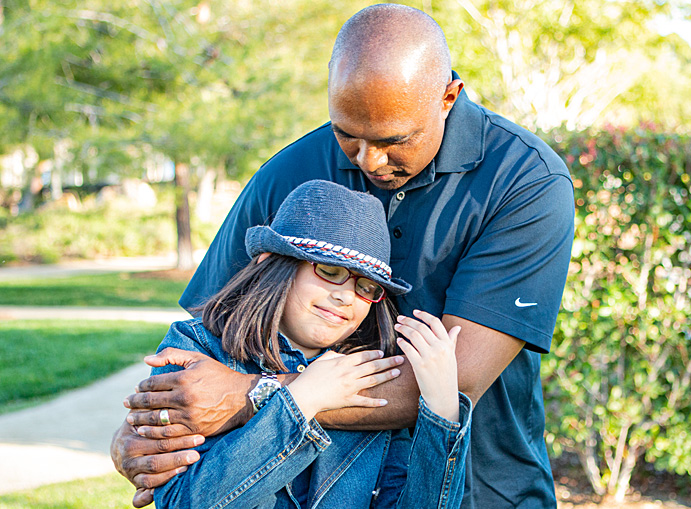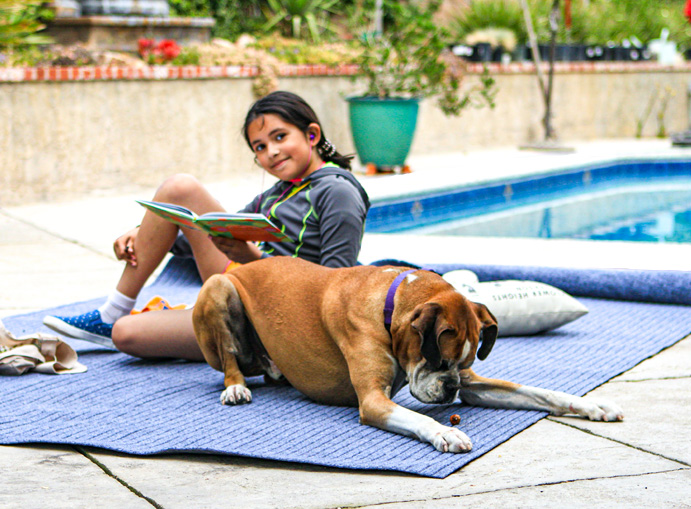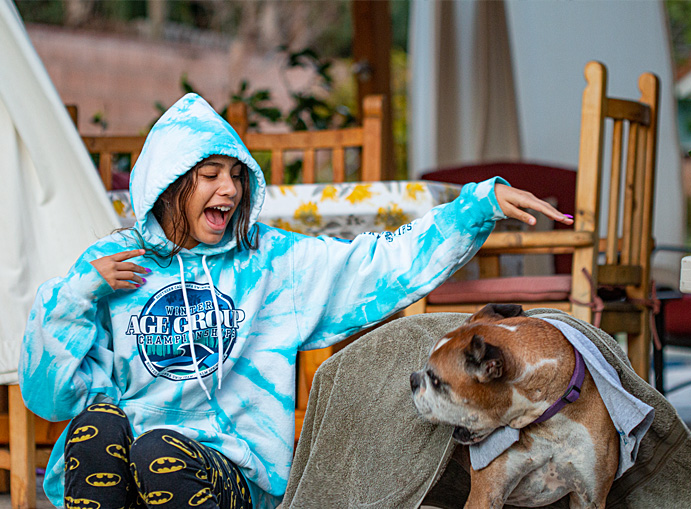Like most parents, my wife and I are dealing with the effects of the Covid-19 pandemic while in quarantine. I won’t lie. I did have an overwhelming sense of inadequacy in setting up a plan of action for my two girls when the quarantine procedures started in March. My eldest daughter is 13, and my other daughter is 10. They were both very involved in extracurricular activities after school. I was concerned that it would be challenging to keep them focused on their schoolwork and balance exercise and play. I was also apprehensive that I would not get enough time for my work. I would constantly be monitoring my kids’ activities to make sure they were on track. Within a couple of weeks of lockdown, I threw out any preconceived notion of action plans, and instead went into it by instinct.

I had brought up my girls with some sense of discipline. Having them clean their rooms, going to bed at a decent hour, eating somewhat healthy, doing their school work, etc. Usually, all I would need to do was to speak sternly to them. I would end up taking something away at more rowdy times, — whether it was TV, or their electronic devices. I don’t think I was an overly strict disciplinarian. I understand that my kids are growing and continually evolving, and forcing rules and regulations can be overbearing and a hindrance to their natural growth. There has to be a balance. Kids do need discipline; however, they don’t a parent breathing down their neck.
So I started by having a frank discussion with them, and getting their views on what the pandemic was, and how it made them feel to have to endure quarantine. Children look to adults for guidance. It was essential to communicate effectively with my kids so they could feel they had an even platform to voice their opinions. I wanted them to know that their thoughts were important to me. I wanted to acknowledge a level of concern but, at the same time, be level headed and teach my kids positive preventative measures and give them a sense of control. One of the ways I encouraged stability during quarantine was to give my kids a greater level of freedom than before. For instance, on some days, I would let them interact with their electronic devices a little longer than usual (the average length of time is about 2 hours a day). They would make up for that extra interaction by spending less time another day, and more time outdoors or reading.

I would encourage them to develop projects. For example, my eldest daughter finished an art project where she developed portraits based on our input. She would interview my wife, my youngest daughter, and myself and ask what we wanted to see in each portrait. I asked for a girl with dark blue skin, an embroidered blouse, and two pigtails in her wild black hair. I got what I asked for. Doing goal-driven projects encourages commitment and perseverance.
Through open discussions, I patiently told my girls the value of goal-driven projects, whether it’s schoolwork, extracurricular activities, or personal projects. Giving them a sense of responsibility and encouraging leadership skills have enabled my kids to work independently and allow me to continue my work with minimal distraction. There’s still the running into my home office asking for help, and this is to be expected and, in most instances, encouraged. I don’t want my kids to feel that they’ve been left on their own. We’re fortunate that we have a good-sized back yard and a pool to alleviate boredom.

We also set up a large vegetable garden so we can all appreciate homegrown food. One great thing that came from being quarantined is that my two daughters have really bonded. They weren’t as close pre-COVID-19. I believe the stress of being at school, then hurrying to their study sessions, and athletic commitments, coupled with homework and lack of sleep, pulled them apart. In a more relaxed setting, they can play together and communicate with each other on a more personal level. Yes, they’ve bonded.
So while Covid-19 has been a headache in some instances, it has forced us to develop skills, exercise patience, and take a step back now and then. It’s enabled us to share time together, eat healthier, and appreciate a slower pace of life.





